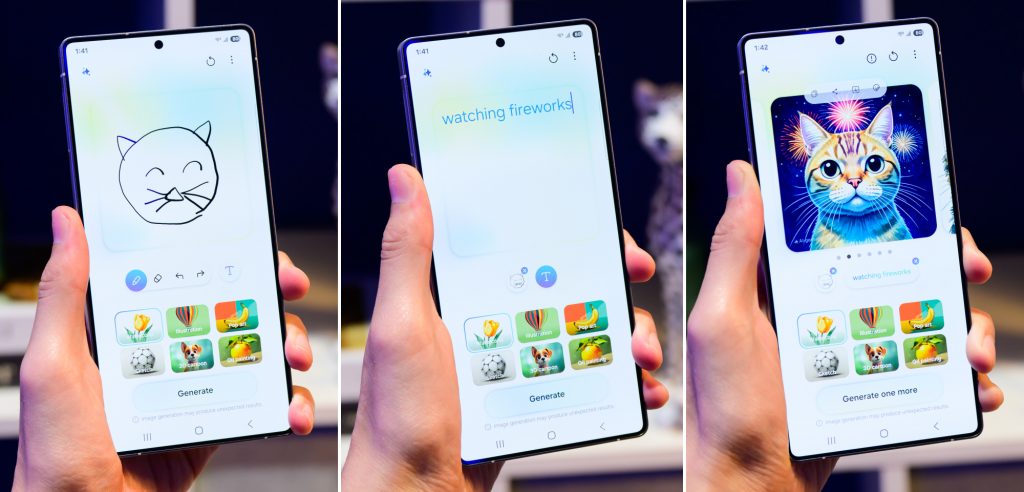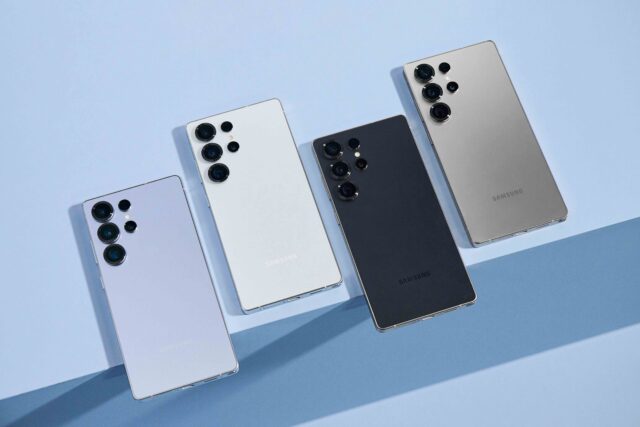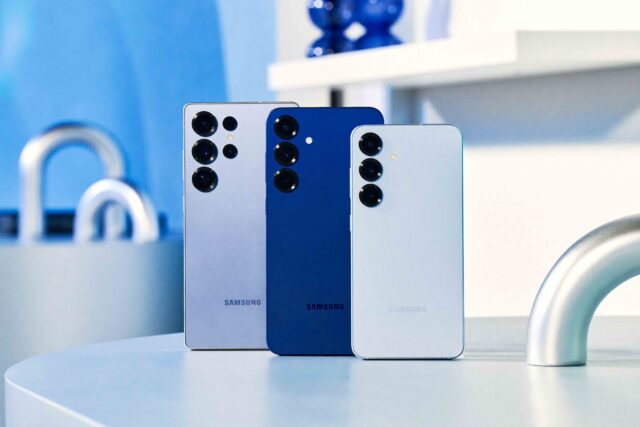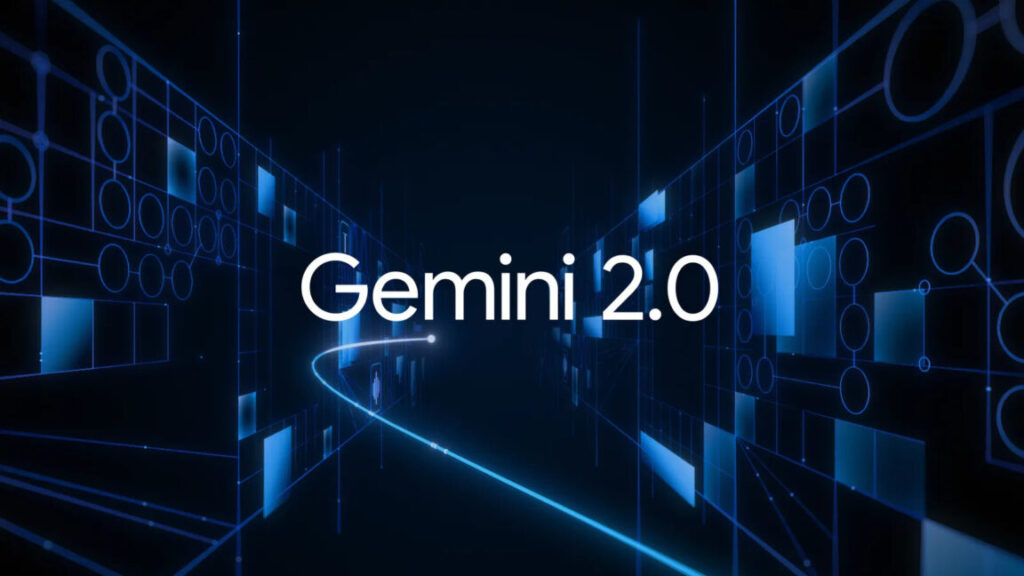Google’s new robot AI can fold delicate origami, close zipper bags without damage
On Wednesday, Google DeepMind announced two new AI models designed to control robots: Gemini Robotics and Gemini Robotics-ER. The company claims these models will help robots of many shapes and sizes understand and interact with the physical world more effectively and delicately than previous systems, paving the way for applications such as humanoid robot assistants.
It’s worth noting that even though hardware for robot platforms appears to be advancing at a steady pace (well, maybe not always), creating a capable AI model that can pilot these robots autonomously through novel scenarios with safety and precision has proven elusive. What the industry calls “embodied AI” is a moonshot goal of Nvidia, for example, and it remains a holy grail that could potentially turn robotics into general-use laborers in the physical world.
Along those lines, Google’s new models build upon its Gemini 2.0 large language model foundation, adding capabilities specifically for robotic applications. Gemini Robotics includes what Google calls “vision-language-action” (VLA) abilities, allowing it to process visual information, understand language commands, and generate physical movements. By contrast, Gemini Robotics-ER focuses on “embodied reasoning” with enhanced spatial understanding, letting roboticists connect it to their existing robot control systems.
For example, with Gemini Robotics, you can ask a robot to “pick up the banana and put it in the basket,” and it will use a camera view of the scene to recognize the banana, guiding a robotic arm to perform the action successfully. Or you might say, “fold an origami fox,” and it will use its knowledge of origami and how to fold paper carefully to perform the task.
Gemini Robotics: Bringing AI to the physical world.
In 2023, we covered Google’s RT-2, which represented a notable step toward more generalized robotic capabilities by using Internet data to help robots understand language commands and adapt to new scenarios, then doubling performance on unseen tasks compared to its predecessor. Two years later, Gemini Robotics appears to have made another substantial leap forward, not just in understanding what to do but in executing complex physical manipulations that RT-2 explicitly couldn’t handle.
While RT-2 was limited to repurposing physical movements it had already practiced, Gemini Robotics reportedly demonstrates significantly enhanced dexterity that enables previously impossible tasks like origami folding and packing snacks into Zip-loc bags. This shift from robots that just understand commands to robots that can perform delicate physical tasks suggests DeepMind may have started solving one of robotics’ biggest challenges: getting robots to turn their “knowledge” into careful, precise movements in the real world.
Better generalized results
According to DeepMind, the new Gemini Robotics system demonstrates much stronger generalization, or the ability to perform novel tasks that it was not specifically trained to do, compared to its previous AI models. In its announcement, the company claims Gemini Robotics “more than doubles performance on a comprehensive generalization benchmark compared to other state-of-the-art vision-language-action models.” Generalization matters because robots that can adapt to new scenarios without specific training for each situation could one day work in unpredictable real-world environments.
That’s important because skepticism remains regarding how useful humanoid robots currently may be or how capable they really are. Tesla unveiled its Optimus Gen 3 robot last October, claiming the ability to complete many physical tasks, yet concerns persist over the authenticity of its autonomous AI capabilities after the company admitted that several robots in its splashy demo were controlled remotely by humans.
Here, Google is attempting to make the real thing: a generalist robot brain. With that goal in mind, the company announced a partnership with Austin, Texas-based Apptronik to”build the next generation of humanoid robots with Gemini 2.0.” While trained primarily on a bimanual robot platform called ALOHA 2, Google states that Gemini Robotics can control different robot types, from research-oriented Franka robotic arms to more complex humanoid systems like Apptronik’s Apollo robot.
Gemini Robotics: Dexterous skills.
While the humanoid robot approach is a relatively new application for Google’s generative AI models (from this cycle of technology based on LLMs), it’s worth noting that Google had previously acquired several robotics companies around 2013–2014 (including Boston Dynamics, which makes humanoid robots), but later sold them off. The new partnership with Apptronik appears to be a fresh approach to humanoid robotics rather than a direct continuation of those earlier efforts.
Other companies have been hard at work on humanoid robotics hardware, such as Figure AI (which secured significant funding for its humanoid robots in March 2024) and the aforementioned former Alphabet subsidiary Boston Dynamics (which introduced a flexible new Atlas robot last April), but a useful AI “driver” to make the robots truly useful has not yet emerged. On that front, Google has also granted limited access to the Gemini Robotics-ER through a “trusted tester” program to companies like Boston Dynamics, Agility Robotics, and Enchanted Tools.
Safety and limitations
For safety considerations, Google mentions a “layered, holistic approach” that maintains traditional robot safety measures like collision avoidance and force limitations. The company describes developing a “Robot Constitution” framework inspired by Isaac Asimov’s Three Laws of Robotics and releasing a dataset unsurprisingly called “ASIMOV” to help researchers evaluate safety implications of robotic actions.
This new ASIMOV dataset represents Google’s attempt to create standardized ways to assess robot safety beyond physical harm prevention. The dataset appears designed to help researchers test how well AI models understand the potential consequences of actions a robot might take in various scenarios. According to Google’s announcement, the dataset will “help researchers to rigorously measure the safety implications of robotic actions in real-world scenarios.”
The company did not announce availability timelines or specific commercial applications for the new AI models, which remain in a research phase. While the demo videos Google shared depict advancements in AI-driven capabilities, the controlled research environments still leave open questions about how these systems would actually perform in unpredictable real-world settings.
Google’s new robot AI can fold delicate origami, close zipper bags without damage Read More »






